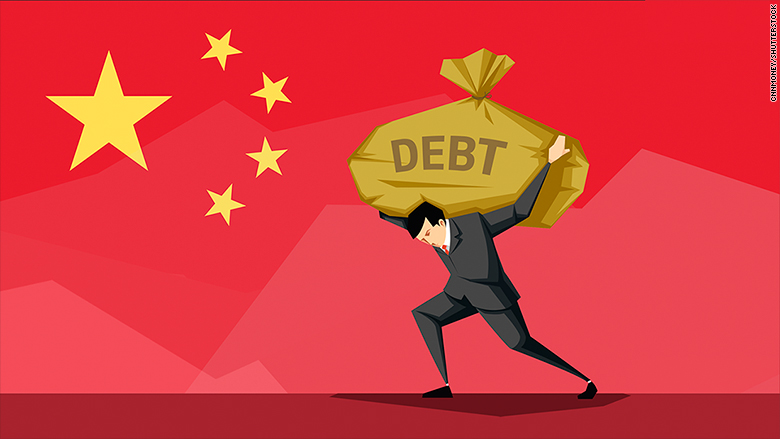Zhong Wei, Professor, Beijing Normal University
Apr 02, 2019
China’s 2019 government work report lays out the country’s economic policies to sustain growth and avoid the “middle income trap” that Premier Le Keqiang has warned of. In taking steps next year to realize the “Chinese dream,” three battles will be tough but key: defusing financial risks, effecting targeted poverty alleviation, and achieving pollution control.
He Weiwen, Senior Fellow, Center for China and Globalization, CCG
Mar 21, 2019
Premier Li Keqiang’s Government Work Report provides a concrete sign of China’s renewed support for the private economy, especially small and micro businesses.
Miao Yanliang, a member of the China Finance 40
Mar 08, 2019
The quiet revolution Blinder described in 2004 is underway in Beijing. True, the PBOC has plenty of room for further improvement in its communication and exchange-rate policies. But its progress so far is good news for China and international policymakers alike.

Guo Dong, Director of the Earth Institute China Initiative, Columbia University
Feb 12, 2018
Unless we achieve a set of commonly agreed upon indicators to measure sustainability or what is high quality, and be able to compare the performance of cities and provinces based upon it, the chance to successfully implement any sustainable policy vision and hold policymakers accountable is grim.

Zhang Monan, Deputy Director of Institute of American and European Studies, CCIEE
Jan 30, 2018
A solution to local government debt is strengthening the central bank’s supervision over it.

Qin Xiaoying, Research Scholar, China Foundation For Int'l and Strategic Studies
Aug 04, 2017
As Chinese State-owned enterprises experience a new phase of change due to an increased number of mergers. Experts and economists throughout the world are attempting to explain the significance of this new phase. However, to place these mergers in the proper context, it is prudent to first examine history and understand the past stages of this country’s SOE reforms.

Zhang Monan, Deputy Director of Institute of American and European Studies, CCIEE
May 12, 2017
Despite proposals to issue super-long government bonds and other ideas for controlling debt and the federal deficit, Congress and the president must bridge a lot of uncertainties to change the system dramatically.
Niu Li, Director of Macro-economy Studies, State Information Center
Jan 06, 2017
Deeper supply-side structural reform will be pursued as China enjoys early benefits of steps taken in 2016 despite downward pressure on the nation’s economy.
John Ross, Senior Research Fellow, Chongyang Institute for Financial Studies, Renmin University
Jan 03, 2017
CHINA has followed an economic development strategy radically different from the neo-liberal “Washington Consensus” advocated by the IMF. The author compares the results of what will be termed China’s “socialist development strategy” versus the Washington Consensus.